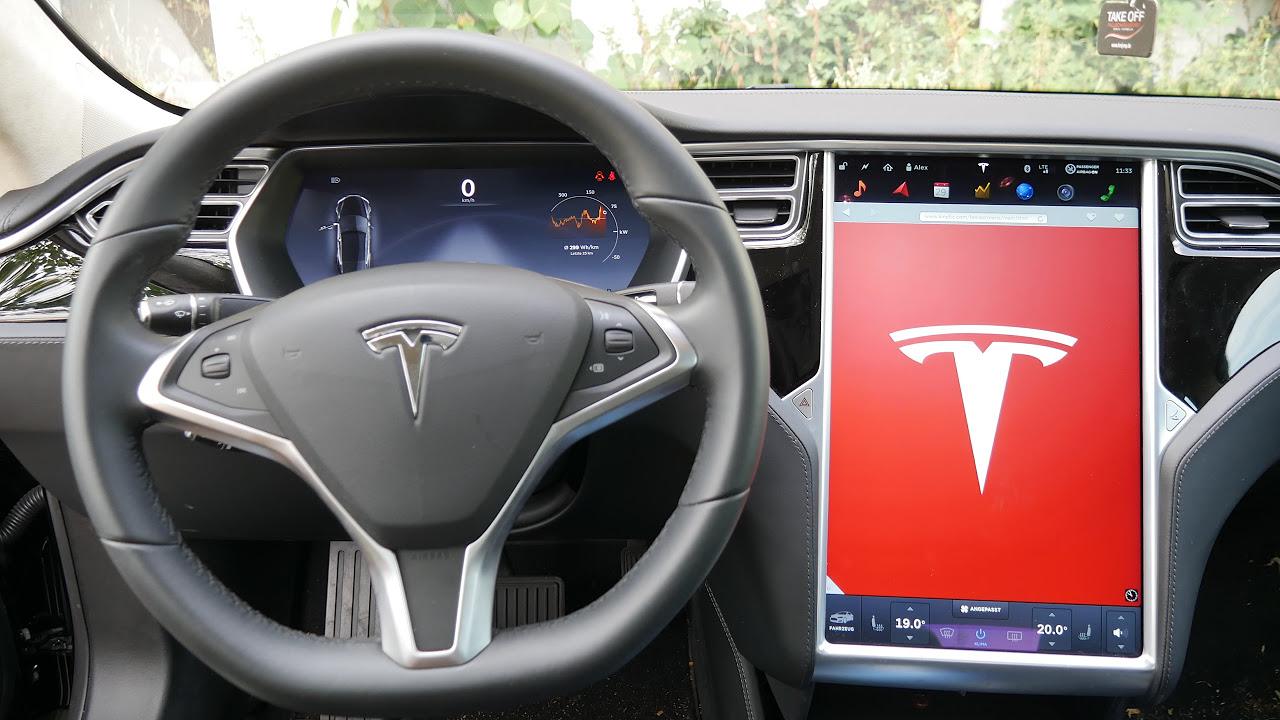Tesla: Leading the Charge in Electric Vehicles

Introduction
Tesla Inc., the American electric vehicle and clean energy company founded by Elon Musk, is playing a pivotal role in the transition to sustainable energy. Established in 2003, Tesla has quickly become a household name, synonymous with innovation in electric vehicles (EVs) and renewable energy solutions. In a world increasingly prioritising environmental sustainability, Tesla’s growth and advancements are crucial for the automotive industry and beyond.
Recent Developments
As of 2023, Tesla continues to lead the electric vehicle market, with significant developments marking its trajectory. The company recently announced plans to expand its Gigafactory in Berlin, focusing on increasing production capacity to meet growing European demand for EVs. This expansion aims to ramp up battery production, which is critical as Tesla continues to innovate, unveiling the highly anticipated Cybertruck scheduled for production this year.
Moreover, Tesla has recorded impressive sales figures, with Q2 2023 showing a 10% increase in vehicle deliveries compared to the previous quarter. The company’s Model Y has become one of the best-selling vehicles globally, reflecting a consumer shift towards electric options. The affordability of Tesla’s Model 3 has also contributed to the increase in EV adoption among the masses.
Technological Innovations
Aside from its vehicles, Tesla is also making strides in autonomous driving technologies. Its Full Self-Driving (FSD) beta program has released several updates, allowing Tesla owners to experience a more automated driving experience. While challenges remain regarding safety and regulation, Tesla is dedicated to refining this technology, which could transform how we perceive transportation in the future.
Market and Future Forecast
Looking ahead, Tesla’s future appears promising but not without challenges. The global semiconductor shortage continues to affect production timelines for the entire automotive industry, including Tesla. Nevertheless, analysts remain optimistic about Tesla’s growth potential, especially as it expands into new markets, including Asia and Latin America.
Furthermore, the potential of Tesla’s renewable energy products, alongside EV offerings, signals a holistic approach to sustainability. With products like the Powerwall and Solar Roof gaining traction, Tesla’s commitment to energy solutions signals its role not just in a transportation revolution but also in solving energy crises.
Conclusion
In conclusion, Tesla’s impact on the automotive industry is undeniable as it continues to innovate and expand its reach. As it tackles challenges with resilience and embraces opportunities in electric mobility and sustainable energy, Tesla is not just driving vehicles; it is steering the future of the automotive industry toward a greener, cleaner tomorrow. For consumers and investors alike, keeping an eye on Tesla remains crucial as it shapes the future landscape of global transportation.
